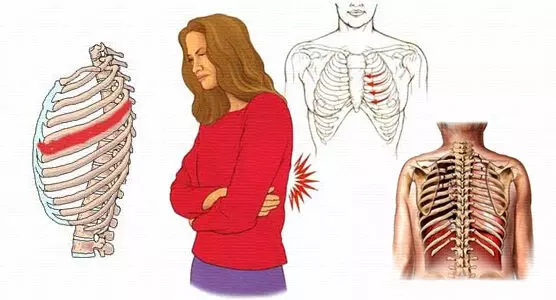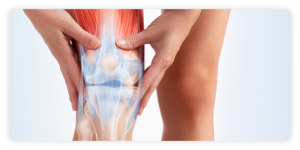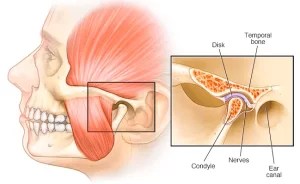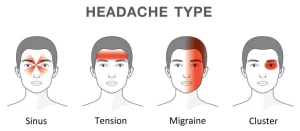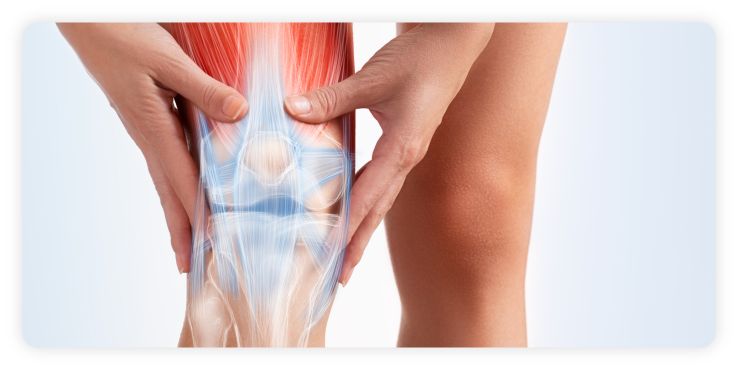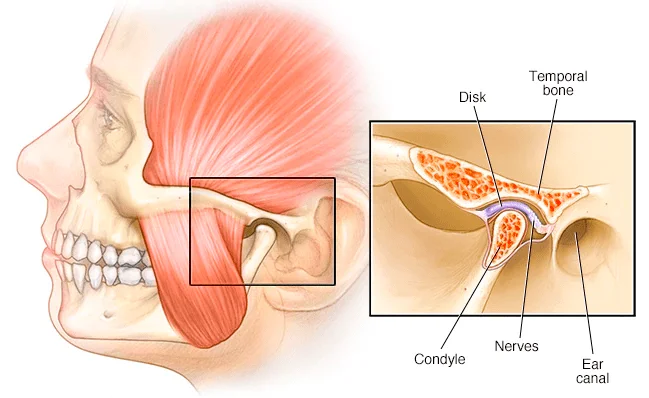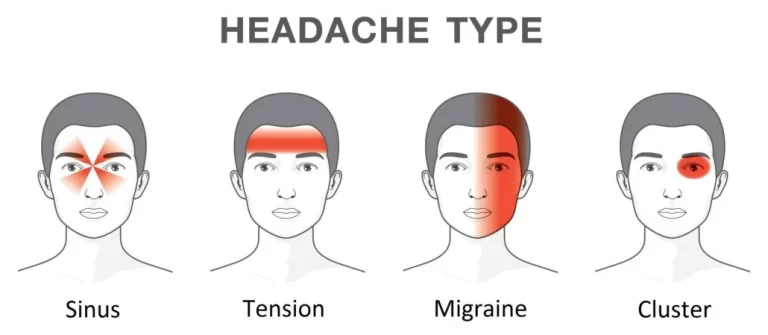What is Intercostal Neuralgia?
Intercostal Neuralgia or chest wall pain is a condition described as neuropathic pain experienced in the area corresponding to the Intercostal nerves. These nerves arise from the spinal cords, just below the ribs. This condition is often associated with injury, or inflammation of the nerves, muscles, cartilage, and ligaments in the rib cage as well as middle spine area.
What causes Intercostal Neuralgia?
Common causes of Intercostal Neuralgia may include chest trauma, pregnancy, pulled muscle in the chest wall, shoulders, and back, Intercostal nerve entrapment, Neuritis, and viral infections like Shingles. Shingles can also attack nerves in the chest and upper back. In some cases, consulting a chiropractor in Singapore may help in identifying contributing factors and managing symptoms effectively.
Symptoms of Intercostal Neuralgia
This condition may produce sporadic episodes of acute pain or pain that are dull and constant. The pain is often described as stabbing, tearing, sharp, spasm-like, tender, aching or gnawing. It typically feels like the pain wraps around the upper chest in a band-like pattern. The pain may intensify during exertion or with sudden movements involving the upper chest such as coughing or laughing.
Intercostal Neuralgia Treatment
Physical therapy is recommended in the treatment of Intercostal Neuralgia. Treatment program will focus on improving alignment, mobility, and range of motion of the thoracic spine. Manual therapy will be incorporated to help modulate pain. Modalities including therapeutic ultrasound therapy, electrotherapy, and Cryotherapy will also be used to reduce pain and inflammation of spinal structures. Stretching and exercises to restore joint mobility as well as strengthen muscles of the back and abdominals will then be prescribed when pain decreases. As treatment progresses, neuromuscular re-education will be incorporated to protect the injured spine. If in doubt, please seek professional advice.
Managing Intercostal Nerve Pain?
If you’re dealing with ongoing discomfort related to intercostal neuralgia, early care may help ease symptoms and support your recovery. Visit our chiropractic clinic in Singapore to explore treatment options tailored to your needs.
Check out our popular articles: Diastasis Recti, Tight Back Muscles, Irritable Bowel Syndrome (IBS), Temporomandibular Joint (TMJ) Dysfunction, Tennis Elbow, Wrist Tendon Injury, Sciatica, Whiplash, Hernia, Herniated Disc (Slipped Disc).
